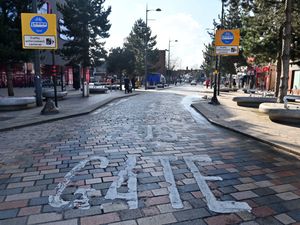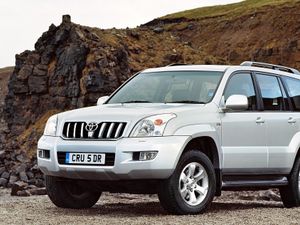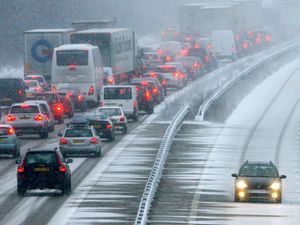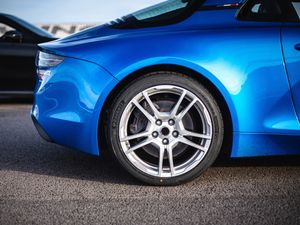What is a dash cam and why have they become popular among motorists?
Dashcams are seen by many drivers as a key way for them to capture what happens on the open road.
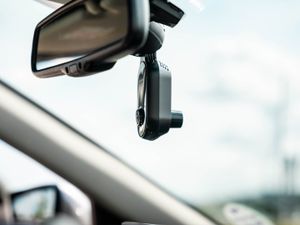
Dash cams have seen a rise in popularity over recent years. Lower costs and great image quality have made this technology readily available to the masses, while a growing interest in the footage on social media sites is behind a rise in more people uploading their own content.
But what are dash cams, how do they work and should you consider one? Let’s dive in and check out what they’ve got to offer.
So what is a dash cam?
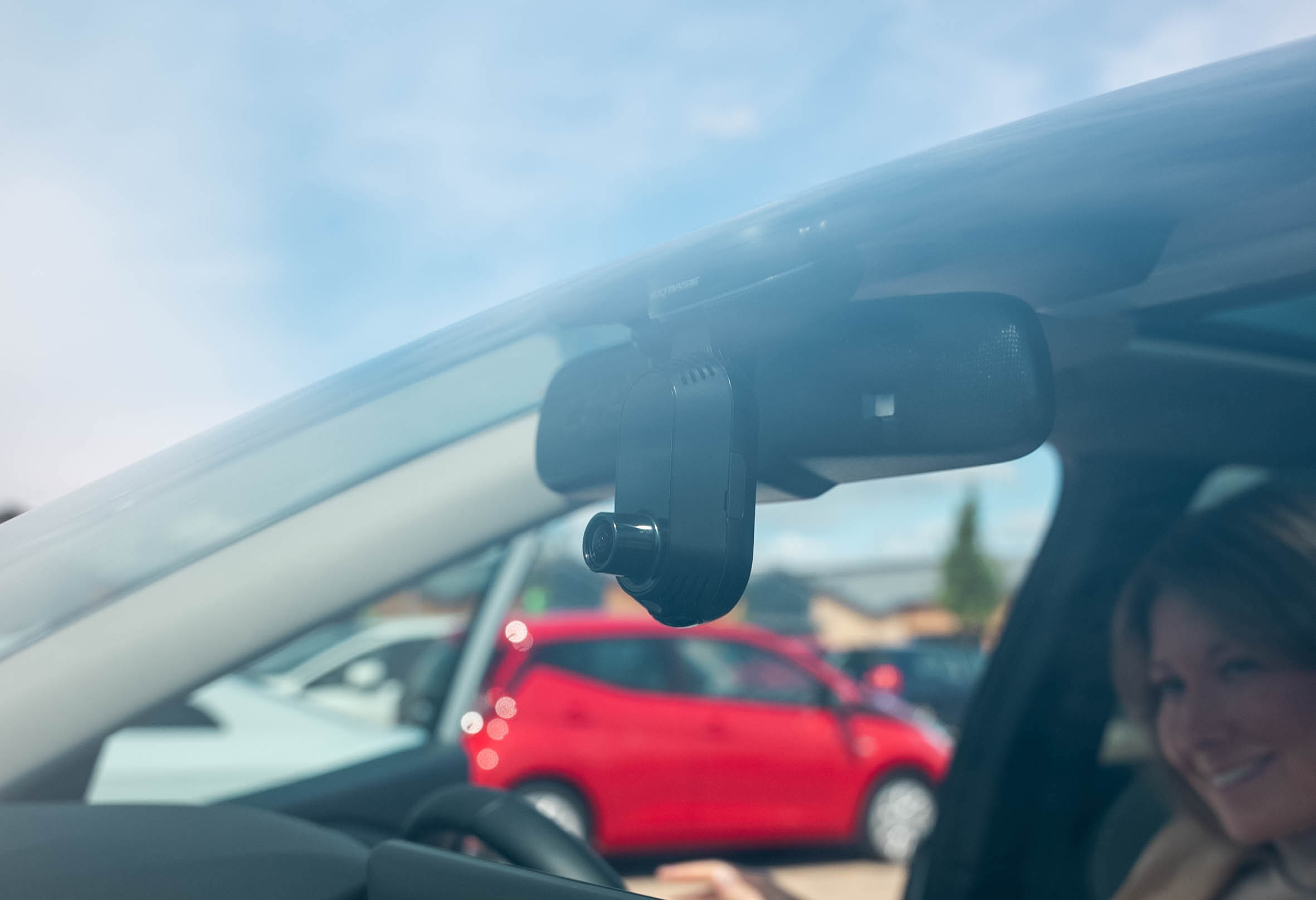
>
A dash cam – or dashboard camera – is essentially a small video camera that can record footage while you drive. You can get cameras at both the front and rear of your car, too, so you can video in front and behind you during your journey.
They’ll take a timestamp while filming, too, so that you can see exactly when an incident occurred. Some models of dash cam can also incorporate a function which allows them to start recording when parked – this can come in handy if another road user has bumped your car and driven away, as the camera might be able to capture footage of it happening.
Some dash cams can also be positioned to film the car’s cabin during the journey while all record directly to a memory card – like a digital camera – and this footage can be downloaded and used elsewhere.
Why do people use them?
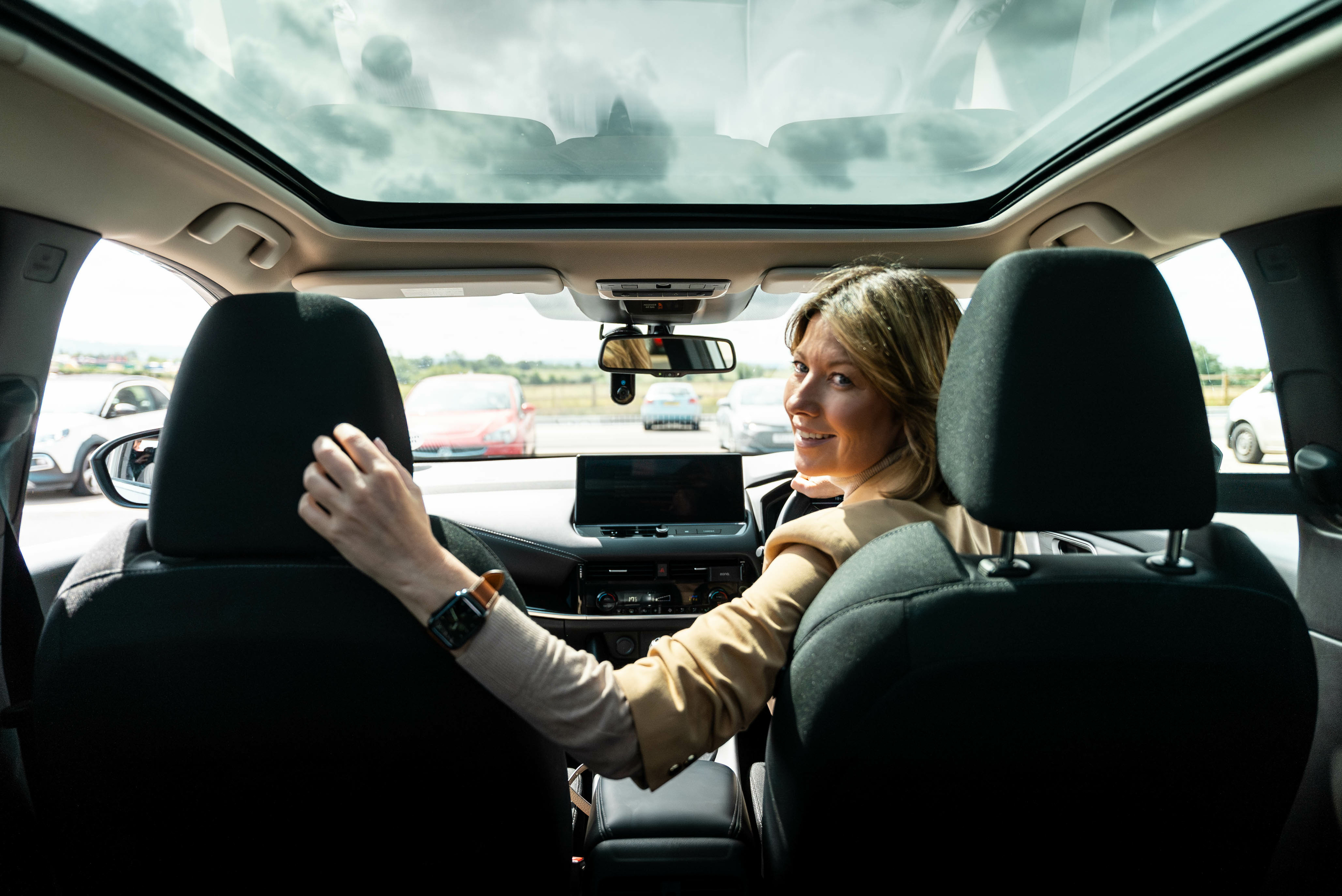
>
As we’ve touched upon, dash cam usage has grown considerably over the last few years. Many drivers like the added sense of security which comes through having a device which is constantly recording what’s ahead – or behind. They’re a key way of working out who might be at fault in the event of an accident.
The rise of ‘cash for crash’ scams has also given extra merit to the work of the dash cam. If someone tries to fraudulently and deliberately crash into you, then the dash cam will instantly be able to show who is really at fault.
How much do they cost?
The price of dash cams has fallen dramatically, but as with most technology, you’ll pay more if you want a setup with more features. You’ll find dashcams available for as little as £50, though you’ll still get a high-quality wide-angle lens and even the aforementioned parking mode.
Models like the Nextbase IQ, however, bring a new generation of ‘smart’ features, including the ability to track the speed of other vehicles, a setup that can give your GPS location to emergency services in the case of an incident and 1k high-resolution footage. It does, however, cost £349.
How can dash cam footage help me?
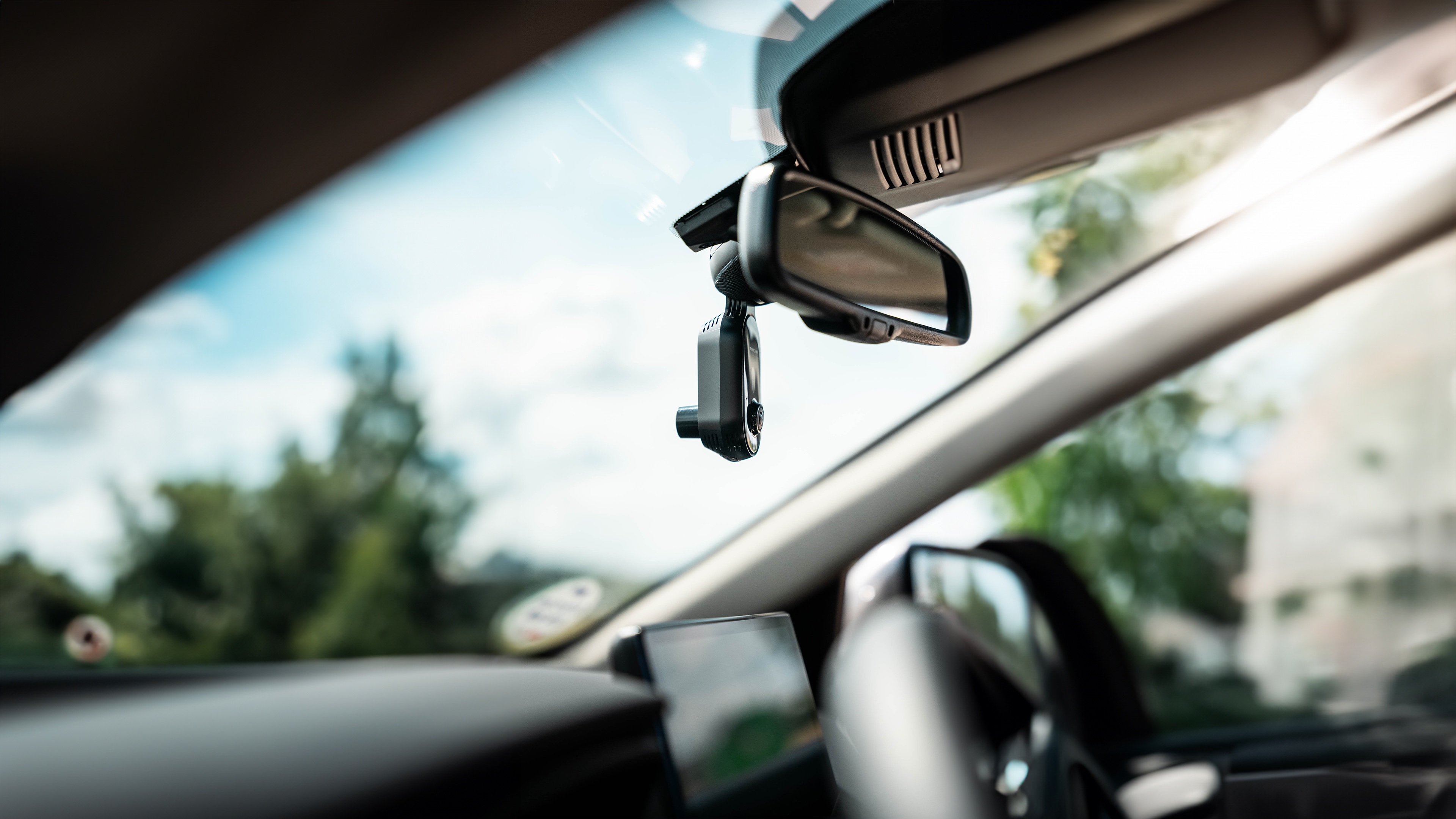
>
The great thing about dash cams is that they add a level of certainty. In a crash, there’s often some difficulty when it comes to working out exactly who was at fault, but a dash cam helps to make things more clear-cut.
It can also help when determining an issue with an insurance pay-out, or with a police investigation into certain allegations. In fact, Operation Snap has been a police initiative which has allowed members of the public to submit their own dashc am footage to help combat dangerous driving.
A recent Freedom of Information request by dash cam and telematics experts iCompario found that there had been a 77 per cent increase in dash cam submissions to traffic police between 2021 and the end of 2023.
Can I mount a dash cam anywhere on my car?
No. It can’t be placed in a position where it is blocking your view of the road ahead. In fact, if you were involved in a crash and it was found that a dash cam had been interrupting your vision, then the fault could lie with you – regardless of the footage you’ve captured.
It’s always good to mount a dash cam in a clear position, which is usually just underneath the rear-view mirror on the windscreen. You must also make sure that there aren’t any cables trailing around the cabin which could get tangled in the car’s controls.

